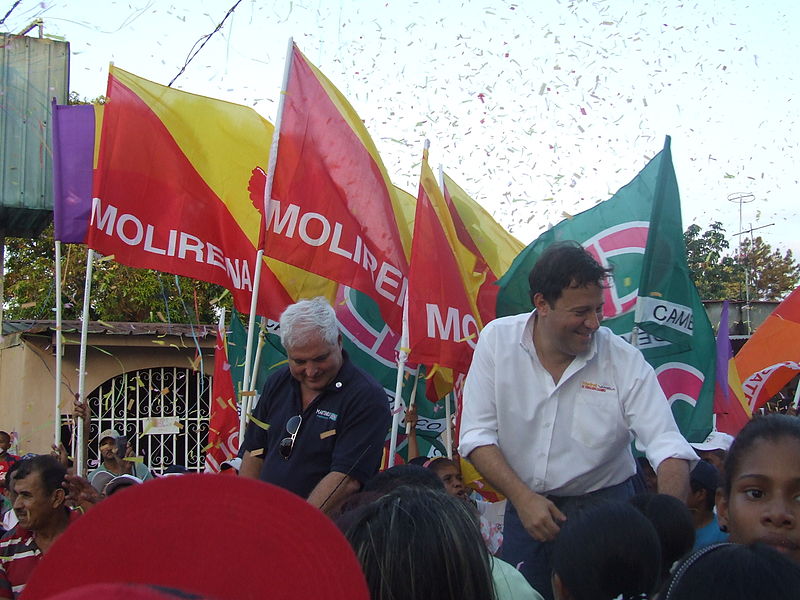
By Peter Tase
On May 4th, 2014, general elections were held in Panama where Juan Carlos Varela won by a clear majority securing 39 percent of the popular votes, leaving behind Ricardo Martinelli’s favorite successor Jose Domingo Arias who was ranked the second most popular candidate with 32 percent of the votes. President elect Juan Carlos Varela will be taking the oath of office on July 1st, and is expected to maintain a steady economic growth and promote his country’s foreign policy in the international organizations and forums. As his term will begin in a few days, Panama belongs in the upper middle income group of countries and its Ease of Doing Business Ranking is in the 55th place in the World while leaving behind other regional countries such as Trinidad and Tobago, Brazil, El Salvador and Uruguay. In 2013, the economy of Panama was preserved to 8.4 percent, although it significantly slowed down after a double digit growth in the previous two years (10.2 % growth in 2012) the Central American nation still continues to be one of Latin America’s fastest growing economies and by many indicators is considered to be the region’s most suitable place towards attracting Foreign Direct Investments.
The recent investments in large scale infrastructure projects, development of large logistical parks and the expansion of the Panama Canal are the principal factors that have made possible the investment of US$5.25 Billion in Panama City. Its geographic location helped Panama avoid the worst moments of the global recession. Additionally Banking and International Commerce and Logistics sectors have played an ever growing role towards maintaining a stable macro-economic policy, and helped establish a significant metropolis in Central America and beyond.
President Elect Varela, after taking his oath of office, will begin to tackle various sectors that require immediate attention such as: improve the urban and economic situation in less developed regions of the country, expand the public education infrastructure, promote regional trade, increase the fight against corruption, further engage Panama as a reliable global player as well as accomplish his country’s aspirations to join the Pacific Alliance as a full member in order to expand trade and political ties with the other 31 observing countries and its four founding countries in the region.
On his victory speech to many supporters, Varela stated that the new administration will be “a humane government, a government of consensus, a government of national unity,” and promised that politics in Panama “will change from being a business to a service,” while making reference to the alleged corruption cases that emerged under Martinelli’s term.
Varela will continue to administer the major expansion of the Panama Canal, and assure its countrymen that such a buoyant economic growth in the hemisphere will indeed reach and make an impact in the most segregated parts of a society in which 25 percent of the population lives in extreme poverty.
Despite his negative reputation for tackling corruption cases, the outgoing government of Ricardo Martinelli has made a number of important accomplishments including: making the transfer of property easier by connecting the land registry with the cadaster; Panama city bolstered the protection package for investors by increasing the disclosure requirements for publicly held companies; adopted an easier procedure for companies making their payments from monthly to quarterly payments and by implementing a new online platform for filing the social security payroll.




